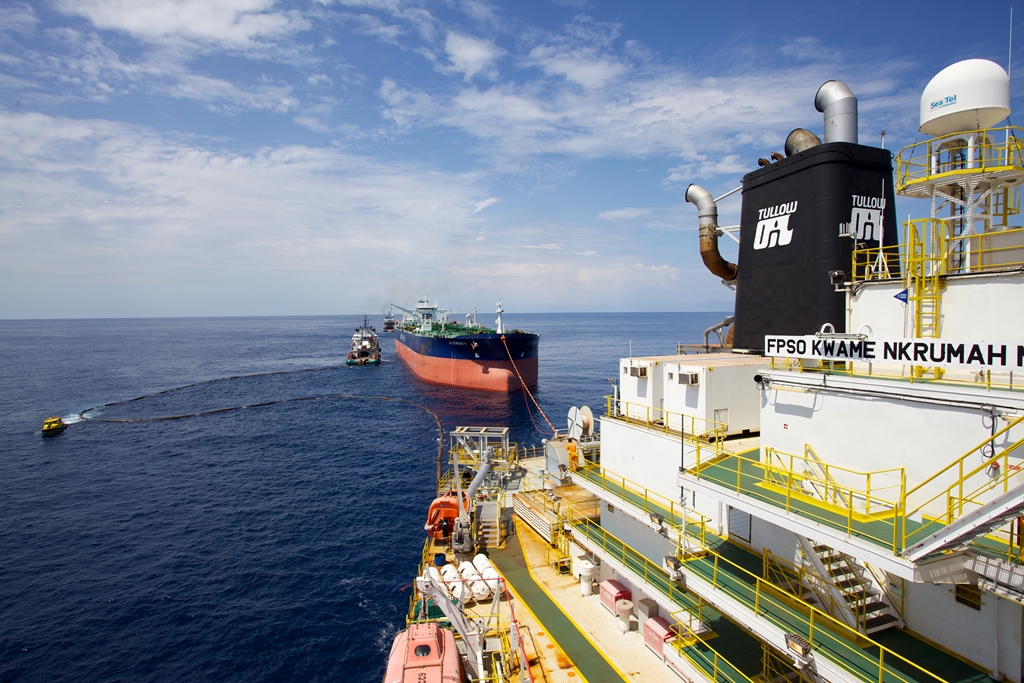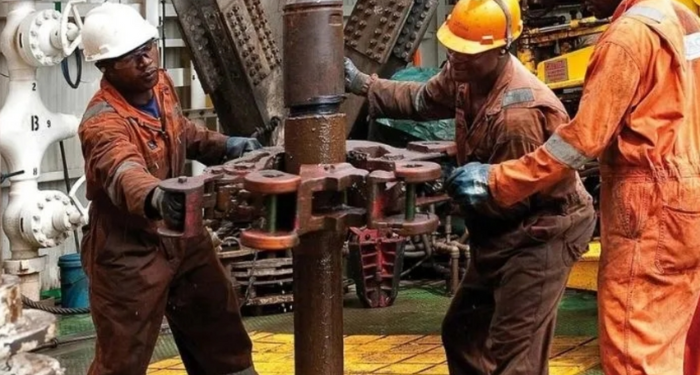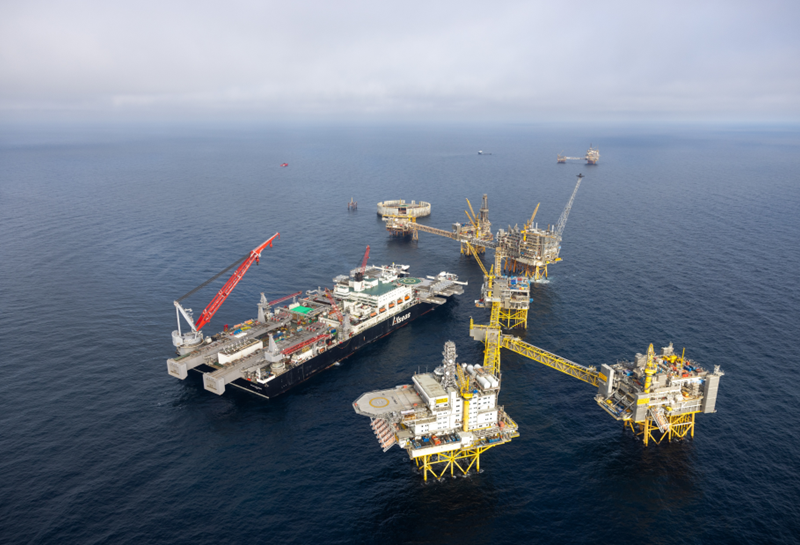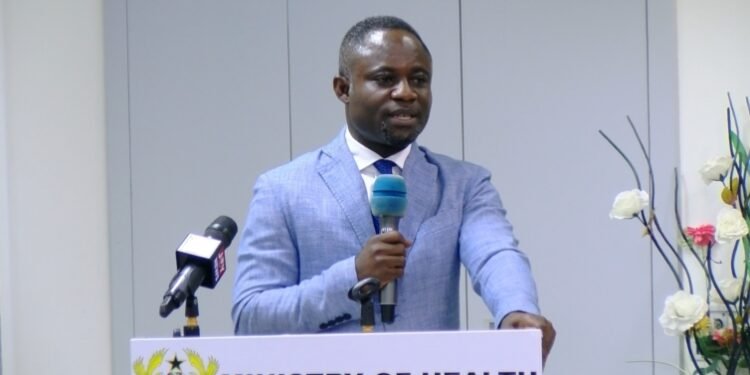Ghana is on track to emerge as a major force in West Africa’s energy sector, with the country projected to account for 20% of the region’s estimated $80 billion oil market value by 2033, according to Deloitte’s latest West African Oil Market Report.
This projection represents a contribution of approximately $16 billion from Ghana to the region’s total oil market over the next eight years, highlighting the country’s growing importance within a market historically dominated by Nigeria.
The report attributed Ghana’s strong outlook to new oil discoveries, rising investment inflows, and a stable political and regulatory climate that continue to attract both multinational and indigenous players.
“Ghana is witnessing significant growth due to discoveries and increasing investment.
“Major players, including Tullow, Eni, and national oil companies, are actively engaged in exploration, production, and infrastructure development within the region, shaping the market’s competitive landscape.”
Deloitte’s latest West African Oil Market Report
Ghana’s Expanding Role in West Africa’s Oil Map

Deloitte noted that Ghana’s oil and gas industry, though smaller than Nigeria’s, is showing robust growth potential as international and local firms ramp up exploration and development activities.
“Ghana has shown significant growth potential, with recent discoveries and increased investment in its oil and gas sector.
“While currently smaller than Nigeria, Ghana’s growth trajectory positions it as a key player in the region’s future.”
Deloitte’s latest West African Oil Market Report
The firm cited Ghana’s political stability, transparent governance, and supportive policy environment as key differentiators that set the country apart in an increasingly competitive regional landscape.
Analysts also pointed to the revival of investor confidence following a period of uncertainty between 2020 and 2023, when production stalled and new petroleum agreements were not signed.
With the government now prioritising the energy sector under renewed leadership, investor sentiment appears to be shifting in a positive direction.
Policy Reform and Market Confidence

According to Deloitte, access to capital remains one of the most critical challenges confronting independent oil producers across West Africa, and Ghana is no exception.
Many operators have struggled to secure funding amid global divestment trends, ESG concerns, and tightening lending conditions for fossil fuel projects.
However, Ghana’s recent policy reforms and regulatory realignments are beginning to address these concerns.
“In Ghana, recent policy shifts are helping to reposition the country as an investment destination following a period of stalled production growth.
“New government efforts to resolve long-standing disputes and reissue dormant licences are being closely watched.”
Deloitte’s latest West African Oil Market Report
Despite this progress, Deloitte cautioned that capital markets remain cautious, and investor confidence will depend on the government’s ability to sustain policy consistency, improve commercial terms, and strengthen contract transparency.
Industry observers have repeatedly called for a more predictable and collaborative policy framework to sustain momentum in the sector.
“One of the most consistent messages from industry players is the need for a more collaborative, investment-friendly, and predictable policy environment.”
Deloitte’s latest West African Oil Market Report
The report highlighted that Ghana’s five-year decline in upstream production has been largely due to limited exploration activity and the absence of new petroleum agreements.
This has led to missed opportunities in a period when regional peers, such as Côte d’Ivoire and Senegal, were attracting new exploration commitments.
Renewed Focus Under New Administration

The report expressed optimism that Ghana’s new administration, which assumed office earlier in 2025, has made energy sector revitalisation a top priority.
Early indicators suggest that the government is preparing to reopen licensing rounds, reform fiscal frameworks, and strengthen dialogue with investors.
“The new administration has made opening the sector a key focus area in 2025, and early signs suggest that improved dialogue and licensing reform are on the horizon.”
Deloitte’s latest West African Oil Market Report
The Ghana National Petroleum Corporation (GNPC) has also begun to align itself with this new vision, although Deloitte observed that the pace of transformation remains “gradual but deliberate.”
As Ghana positions itself to take a larger slice of the $80 billion West African oil market, the next few years will be pivotal.
The balance between regulatory reform, investment attraction, and energy transition will determine how effectively the country converts its vast potential into long-term prosperity.
With its renewed focus, investor optimism, and clear roadmap for reform, Ghana is well on its way to becoming a dominant force in West Africa’s energy future and a model of sustainable resource-driven growth on the continent.
READ ALSO: BoG’s $1.15bn FX Injection Sparks Clash with IMF and World Bank Over Cedi Stabilization






















